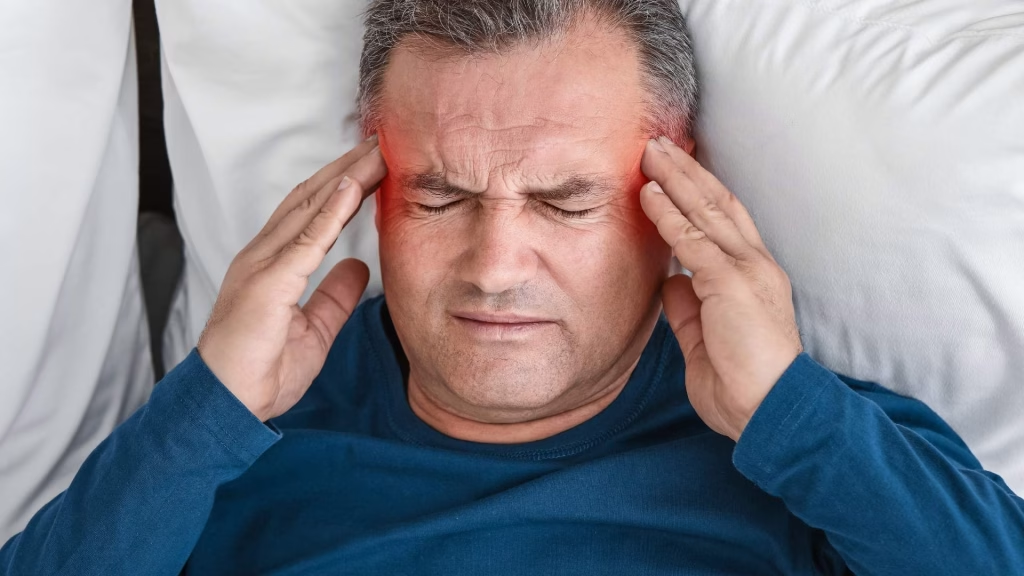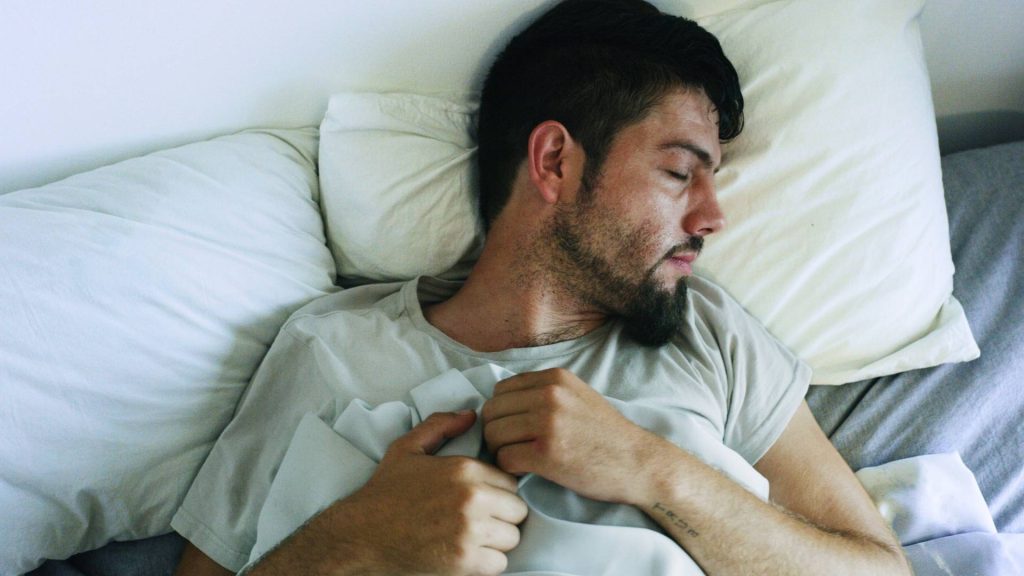Benzodiazepines are commonly prescribed sedatives that help manage conditions like anxiety, insomnia, and muscle tension. While effective for short-term use, these medications carry significant risks when taken over longer periods. Continued use often leads to physical dependence, setting the stage for serious problems if the drug is reduced or stopped abruptly. In severe cases, benzo withdrawal can kill, making it critical to understand why this happens and how to prevent it.
In the following sections, we will explain how dependence on benzodiazepines develops, what makes withdrawal dangerous, the symptoms that signal medical emergencies, and why supervised detox is essential for safety and long-term recovery.

Understanding Benzodiazepine Dependence and Withdrawal
When someone uses benzodiazepines regularly, their central nervous system becomes accustomed to the drug’s sedative effects. Over time, the body’s natural calming mechanisms diminish, and it relies increasingly on medication. This physical dependence means that if you suddenly stop taking benzodiazepines or sharply reduce your dose, the brain and nervous system react in a state of hyperactivity.
This reaction is the core of benzodiazepine withdrawal. Unlike mild withdrawal symptoms such as restlessness or insomnia, abrupt discontinuation of long-term benzodiazepine use can lead to severe withdrawal, a dangerous medical situation that requires immediate attention.
Dependence on benzodiazepines can disrupt every part of life, making it difficult to function without the drug. The best approach to overcoming benzo addiction and managing withdrawal safely is through a specialized program. Our Benzo Recovery Programs in Cedar Rapids are designed to help you manage withdrawal safely and address the underlying patterns of benzo addiction. With personalized care, medical expertise, and compassionate support, we guide you through each step toward lasting recovery and a healthier future.
What Makes Benzodiazepine Withdrawal Dangerous?
Benzodiazepine withdrawal can be far more than uncomfortable. The sudden imbalance in the brain’s neurotransmitters can trigger a surge of electrical activity, resulting in seizures. In some cases, these seizures are prolonged and can result in permanent brain injury or death.
Withdrawal from benzodiazepines also puts tremendous stress on the cardiovascular system. This can raise heart rate and blood pressure to unsafe levels, increasing the risk of heart attack or stroke, particularly in older adults or those with underlying heart conditions.
Compared to opioid withdrawal, which is intensely unpleasant but rarely fatal on its own, benzodiazepine withdrawal carries unique life-threatening risks. This is why medical supervision during the withdrawal period is critical, and why understanding which benzodiazepines are considered safer can be important when discussing treatment options with healthcare providers.
Key Factors Influencing Withdrawal Severity
Not everyone experiences benzodiazepine withdrawal the same way. The severity of withdrawal symptoms depends on several factors. Longer duration of use and higher doses significantly increase the likelihood of developing severe withdrawal. People who combine benzos with alcohol or opioids face even greater danger, as withdrawal from multiple substances compounds the risk.
Other factors include individual health status and the specific type of benzodiazepine taken. Short-acting benzodiazepines often produce more intense withdrawal symptoms sooner, while longer-acting benzodiazepines may result in a delayed but still dangerous withdrawal phase.
Recognizing Severe Benzodiazepine Withdrawal Symptoms
Withdrawal symptoms from benzodiazepines can range from mild anxiety and tremors to life-threatening medical emergencies. Acute withdrawal symptoms that signal immediate danger include seizures, hallucinations, confusion, and dangerously elevated blood pressure.
Protracted withdrawal symptoms, sometimes called protracted withdrawal syndrome, can linger for months. These include persistent anxiety, cognitive impairment, and sensory disturbances. While less likely to be directly fatal, they can severely impact quality of life and drive some back to benzodiazepine use, risking overdose.
It’s essential to recognize that benzodiazepine withdrawal symptoms may intensify quickly. Without medical detox support, what starts as discomfort can rapidly escalate to severe complications.
Is Benzodiazepine Withdrawal Life-Threatening?
The straightforward answer is yes, under certain conditions, benzodiazepine withdrawal can kill you. The most common cause is uncontrolled seizures leading to fatal outcomes. On top of that, the cardiovascular strain during severe withdrawal can trigger strokes or heart attacks.
While not everyone will face life-threatening withdrawal, the unpredictability makes it dangerous to attempt stopping benzodiazepines without professional guidance. Withdrawal can also become deadly if combined with dehydration, electrolyte imbalances, or co-existing alcohol withdrawal. This reality underscores why benzodiazepine withdrawal is often managed in a medical detox setting.

The Importance of Medical Detox and Supervised Withdrawal
Given the potentially fatal nature of benzo withdrawal, medical detox programs are designed to provide a safe environment for managing symptoms. Under medical supervision, patients may undergo a gradual tapering of benzodiazepine dosage, reducing the shock to the central nervous system.
Medical teams can also intervene quickly if seizures, severe agitation, or cardiovascular issues occur. In addition, treatment centers often address co-occurring issues like alcohol withdrawal or opioid dependence, both of which complicate the withdrawal process.
Professional detox not only mitigates immediate risks but also lays the groundwork for long-term addiction treatment, reducing the chances of relapse and further medical crises.
How to Safely Withdraw and Begin Recovery
Safely withdrawing from benzodiazepines starts with consulting a healthcare provider who understands the risks. A slow, medically supervised taper is the gold standard for tapering. In many cases, a longer-acting benzodiazepine is used to stabilize the system before gradually reducing the dose.
Comprehensive addiction treatment goes beyond just managing withdrawal. It includes therapy and support systems to address the psychological aspects of benzodiazepine addiction and helps individuals rebuild a life free from dependence.
Recovery from benzo addiction is possible, but it requires respect for the serious nature of benzodiazepine withdrawal and commitment to a structured treatment plan.
Final thoughts from Radix Recovery
Benzodiazepine withdrawal isn’t just a challenging phase, as it can be life-threatening without proper medical care. At Radix Recovery, we understand the critical dangers from seizures to cardiovascular risks and provide comprehensive treatment that combines expert medical oversight with compassionate, personalized support. Whether through intensive day programs or flexible outpatient care, our team is committed to guiding you safely through withdrawal and helping you build a stable, fulfilling life beyond benzo addiction.






































































































